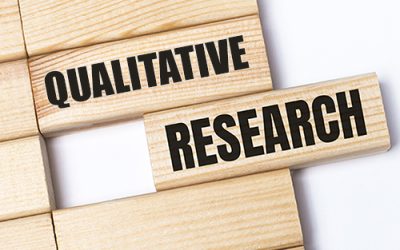 Verbatim transcription is one of the popularly sought after transcription assignments in the legal field.
Verbatim transcription is one of the popularly sought after transcription assignments in the legal field.
Transcription isn’t just about words. In the competitive legal environment, transcribing sighs, loud actions and background sounds could be equally important. When the attorney or law firm requires the transcription to be a verbatim one, every sound involved in the communication, interview, deposition and witness statement must be transcribed as well. And that requires a sharp eye for detail and absolute concentration. Actions could speak louder than statements, which is why verbatim transcription is so important in the legal field.
Why Every Bit of Sound Holds Value
Insurance claim litigations could be worth millions of dollars for either the plaintiff or the defendant. That’s why transcribing every bit of conversation, telephonic communication, and interview is so important. The dialog needs to be totally transcribed, and by that we mean every utterance, including sighs, laughter, coughs, sneezes and also aside comments which may seem not to be directly related to the communication taking place. The transcript must also contain colloquialisms, vernacular phrases, accents, pauses, “ums” and “ahs”, and stuttering. This makes the transcribed document original and true to the context and nuance of the recorded content.
Even sounds such as banging on the desk or opening a briefcase would have to be captured to convey the mood of the communication. The reader of the transcript should be transported to the scene – only then could the whole perspective and the context be revealed and the truth brought to light, since there could be fabricated or forced communication sessions and background sounds such as sighs, laughter, pauses, stuttering and word repetition could sometimes help figure this out.
Audio Quality Vital for Accuracy of Transcripts
Accurate transcripts without the sighs or other sounds are also needed by some law firms and attorneys. This makes the task of transcription easier, particularly when the audio quality of the dictated information or recorded communication session isn’t quite so good. Clients must try their best to ensure the audio quality of the file they send so that the transcription turns out to be really verbatim.
Ultimately it is the client’s preference that decides whether the transcription would be verbatim or not. It depends on the end use of the file. When it is a conference, board meeting or presentation dealt with, regular transcription would usually be more meaningful since there would be no point in capturing every pause, stutter and background noise here. The same goes for academic transcription where pauses, sneezes, background noises, etc add absolutely no value to the content, since it is the actual content that has value, unlike in legal situations where the manner in which a testimony was provided, a phone call was made, or a deposition conducted holds significant value.
Technology and Experience of Transcribers Matter
Transcription companies offer 99% accuracy of any file, and it depends on:
- The training and experience of the transcribers
- The technology used that enables quick transcription without compromising on quality and identifies sounds while isolating unnecessary sounds
- The quality of the audio file to be transcribed
An experienced legal transcription company can provide accurate verbatim transcription of communications, capturing every nuance and mood, which is just what law firms and attorneys need.



